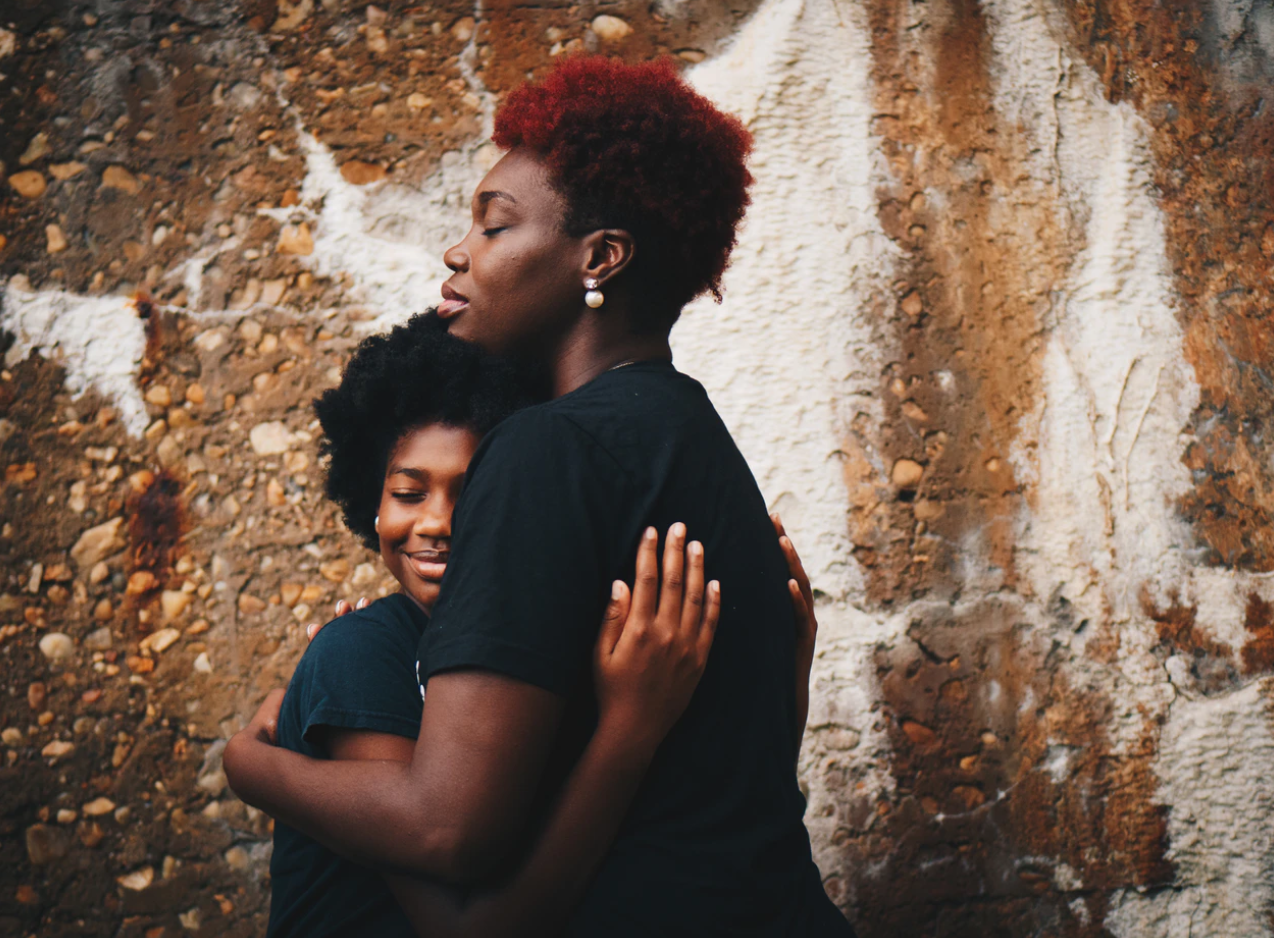
Three Well-Meaning Things You Should Never Say to Your Bullied Daughter
When your daughter is traumatized by the attacks of bullies, your protective instincts are likely to come out full-force. You may want to do something, or at least say something, that will compensate for all the hurt she’s feeling. This is natural, and it’s important to let your daughter know you’re standing by her. At the same time, it’s important to choose your words carefully: what you want to say might not be exactly what she needs to hear.
Grow a thicker skin
There are many ways of saying this—“let it roll off your back,” “don’t let them get to you,” or “stop caring what other people think.” What it boils down to is this: you want your daughter to know that she has the power to neutralize the effects of the bullying.
This may have been an appropriate phrase for your daughter when she was three and fell over and cried when she got a scrape. It’s terrible advice for her now if she’s going through the difficult and traumatic experience of being bullied.
Saying “grow a thicker skin” may cause your daughter to believe that she’s being bullied because she’s weak… or worse, defective. This is not only untrue but will most likely end up adding to the damage.
If she takes this advice literally and makes herself impervious to the pain, it can lead to detrimental behaviors such as drug use, emotional disturbances and withdrawal from social interactions that are implemented to dull the pain. To make matters worse, these changes often reinvigorate bullies to continue their abusive behaviors.
We often pass on this message of ‘grow a thicker skin’ because it’s something we were told by our own parents who, in turn, learnt it from their own. It endures the generations not because it is helpful, but because it sounds helpful. It appeals to a deep desire to believe we’re in control of our lives. Young girls who are being bullied, however, need to know that someone else will help them until something changes to make the bullying stop.
Instead, of saying ‘grow a thicker skin’, it’s better to acknowledge the unfairness of the situation, remind your daughter that she can get through this, and that you will be there to help her work out a real solution.
You’re still perfect
When your daughter is being bullied, she may demonstrate defensive behaviors and responses that seem contrary to her nature. Emotional outbursts, depressive thoughts, and withdrawing from activities and family and friends are all signs that your daughter is being bullied. Sometimes, it can seem like the best way to handle the situation is to remind your daughter that, in your eyes, she is still perfect in your eyes—the child you’ve always loved. While this may be nobly intended, it may end up doing more harm than good.
When your daughter finds herself responding in negative ways, she will likely feel all the shame that inevitably follows. To be told that she’s still perfect—still your little angel, still incapable of fault or blame—holds up an impossible standard. She may take this as a signal that her rages, her depression, her acting out are somehow “not her,” and that it would be better if she suppressed these “not perfect” parts of herself.
She does not need to hear that you think still perfect when she knows she’s not. It will only make her feel like you are trying to distance yourself from her pain by holding onto an old image of her in your mind. She can easily feel like who she is in this moment of her life and all the struggles she’s dealing with are being abandoned and that preserving a delusion, instead of offering help, has become her parent’s primary focus.
Instead of reminding your daughter that she’s still perfect in your eyes, remind her that nobody is perfect, that everybody deals with difficult circumstances during their lives, and that she’s not expected to be a saint throughout the process. Remind her that you believe she is capable of dealing with the situation and there will come a time when she’ll feel ok again.
I was bullied too, you know
Shared experience seems like a terrific way of connecting with our children. However, being bullied is one of the few areas where it’s unlikely to prove helpful.
A bullied teenage girl already feels like her pain is easily dismissed. So, no matter how well-intentioned a parent is, when he or she responds by placing the focus on his or her own experiences growing up, it only reiterates her sense of worthlessness.
It’s important to remember that even if you were bullied at school, your experience is not going to be the same as what your daughter is going through. Each new generation must deal with a unique set of social pressures and psychological threats that the previous generation cannot understand. No parent of a teenager today will have an understanding of what it was like to be bullied on social media.
While using your own experience to guide your daughter through the trauma of being bullied can be incredibly helpful, it’ll only be effective if the focus is put on her suffering and not yours.
Tell your daughter that you understand what it’s like to be bullied and that you want to hear what she’s going through. When she opens up, try to listen as though you are hearing the experience of being bullied for the first time. Anytime you remember how your situation ended or the actions you took to make it stop, first ask yourself ‘Will this same advice help my daughter?’ Always remind her that she is capable of getting through it just like you did and that you’ll be there to help guide her every step of the way.



